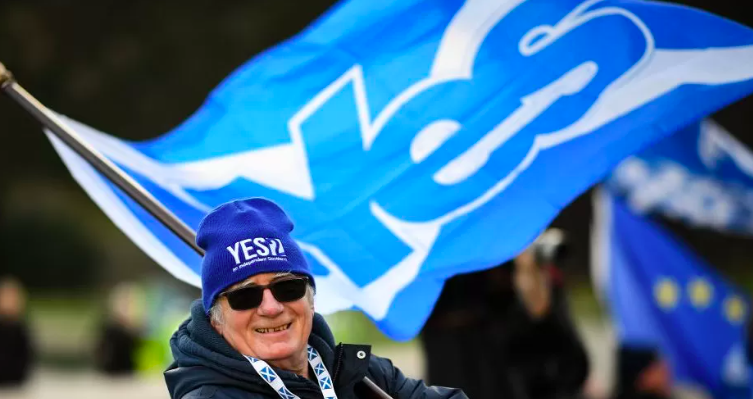
The Scottish government cannot hold an independence referendum without the UK government’s consent, the Supreme Court has ruled.
Nicola Sturgeon, First Minister, wants to hold a referendum on October 19 of next year.In any case, the court decided collectively that she doesn’t have the ability to do so on the grounds that the issue is held to Westminster.A referendum has not received formal approval from the UK government.According to Lord Reed, the president of the court, the laws that established the devolved Scottish Parliament in 1999 meant that it lacked authority over aspects of the constitution, such as the union of Scotland and England.He stated that the UK Parliament is responsible for these issues, and the Scottish Parliament cannot legislate for a referendum unless the two governments reach an agreement.He also rejected the Scottish government’s claim that any referendum would only be “advisory” and have no legal effect on the union, asking people to decide if Scotland should become an independent country or not.Lord Reed stated,A legitimate referendum would have significant political repercussions for the union and the UK Parliament.”In a constitution and political culture based on democracy, its outcome would have the authority of a democratic expression of the Scottish electorate’s view.”As a result, it is abundantly clear that the proposed Bill is inextricably linked to the reserved issues of the Union of Scotland and England as well as the sovereignty of the United Kingdom Parliament.”In response to the outcome, Ms. Sturgeon stated that while she was disappointed, she respected the court’s decision and emphasized that judges do not create the law; rather, they only interpret it.She continued,That is a difficult pill to swallow for any proponent of independence—and certainly for any proponent of democracy.”The first minister told a media conference that a referendum remained her preferred option, but the SNP would use the next UK general election as a “de facto referendum” in an effort to demonstrate that a majority of people in Scotland support independence in the absence of an agreement.”She stated that a special conference will be held in the new year to discuss the “precise detail” of how this would operate.Mrs. Sturgeon stated:A series of pro-independence rallies will be held across Scotland on Wednesday evening, and we must and will find another democratic, lawful means for the Scottish people to express their will.”According to recent polls, the nation is essentially divided on the independence issue, with a very small majority in favor of staying in the UK. However, the SNP and Greens have a majority in favor of independence in the Scottish Parliament.The Supreme Court’s “clear and definitive ruling” was applauded by Prime Minister Rishi Sunak.He stated during Prime Minister’s Questions:The people of Scotland want us to work on resolving the major issues we face as a nation, such as supporting the NHS, the economy, or even Ukraine.”This government will cooperate with politicians because now is the time to do so.”Bringing down Road later said Mr Sunak will look to stay away from one more mandate while he is top state leader.His spokesperson informed reporters:That would, in my opinion, be something we would look into doing.She went on to say that a “once-in-a-generation referendum” had taken place “not too long ago, and that result should be respected.”On Wednesday evening, a number of pro-independence rallies will be held throughout Scotland. Scottish Labour leader Anas Sarwar stated that while there was not a majority in Scotland for either independence or a referendum, there was a “majority in Scotland and across the UK for change.”Lord Advocate Dorothy Bain KC, the highest-ranking law officer in the Scottish government, referred the matter to the Supreme Court.At the time, Ms. Bain stated that she lacked the “necessary degree of confidence” that Holyrood would be able to pass legislation for a referendum without the consent of the UK government.She requested a definitive decision from the UK’s highest court and stated that the matter was of “exceptional public importance.”Last month, the court heard legal arguments from both the UK and Scottish governments for two days. It handed down its decision six weeks later, which was earlier than many experts had anticipated.The UK government agreed to temporarily transfer the necessary powers to the Scottish Parliament to allow the vote to be held through what is referred to as a Section 30 order, making the independence referendum that took place in 2014 possible. Voters supported remaining in the UK by a margin of 55% to 45%.According to recent polls, the nation is roughly evenly divided on the issue of independence, with a very small majority in favor of remaining in the United Kingdom.

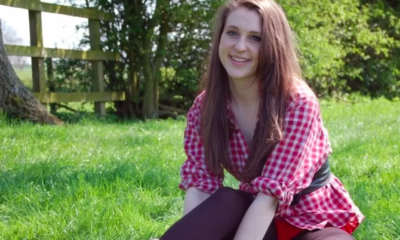


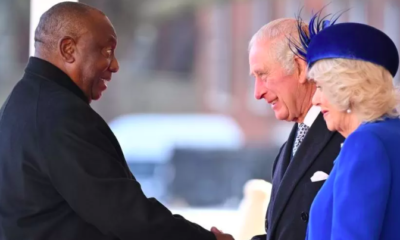


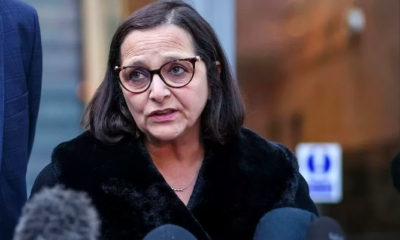
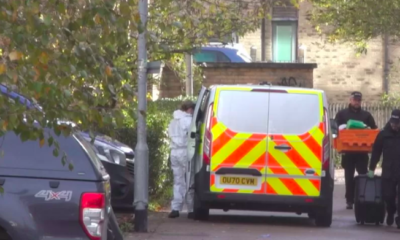
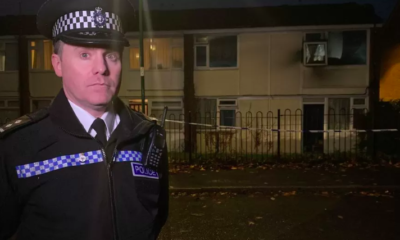



























































































































































































































































































































































































































































































































































































































































































































RSS